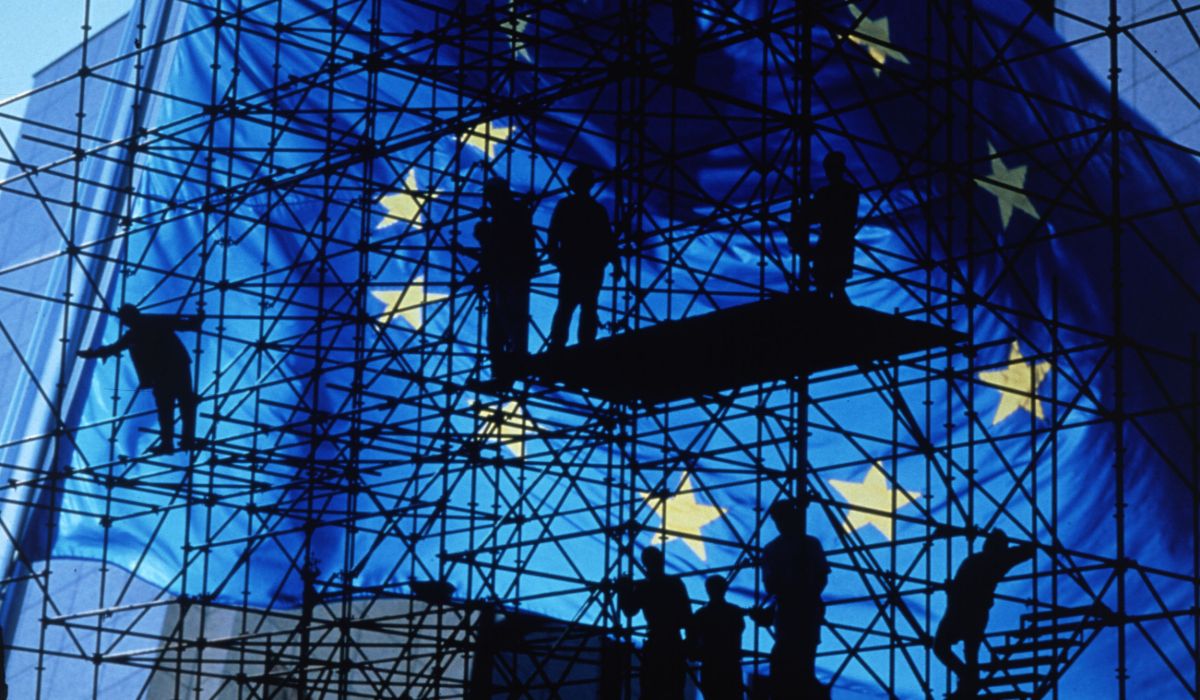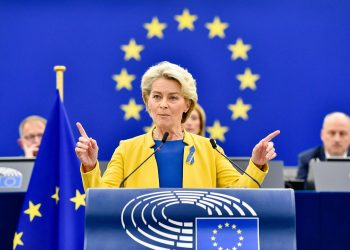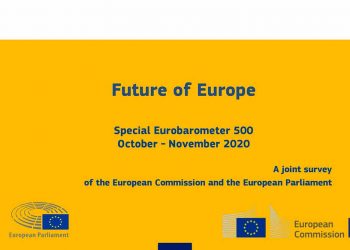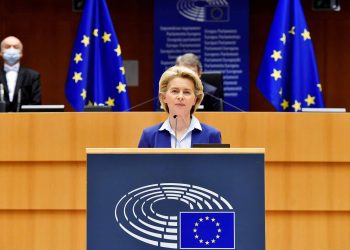As the EU continues to deal with the impact of the pandemic, while delivering on priorities such as fighting climate change, here’s what to look out for in 2021. The European Union set a number of priorities that shape the political and policy agenda for 2021 Recovery plan. They serve to address the main challenges faced by the EU and its citizens – be they political, economic or social.
Recovery plan and the EU’s long-term budget #MFF
Late last year, the Parliament reached a compromise with the Council on the EU’s budget for 2021-2027. It secured a deal on the budget for 2021 to support recovery. However, disagreements among member states over the mechanism devised to protect EU’s values slowed down the approval procedure.
MEPs will have to finalise the rules on the functioning of all programmes that are part of the EU’s 2021-2027 budget and the recovery plan. It will support people and businesses across the EU.
Sustainable recovery
At the heart of the EU’s Covid-19 recovery plans, the Greel Deal will lead to the dvelopment of many initiatives to promote sustainability this year. Agriculture, the circular economy, biodiversity, forests, energy, emissions and the Emissions Trading System are among the topics MEPs will be working on.
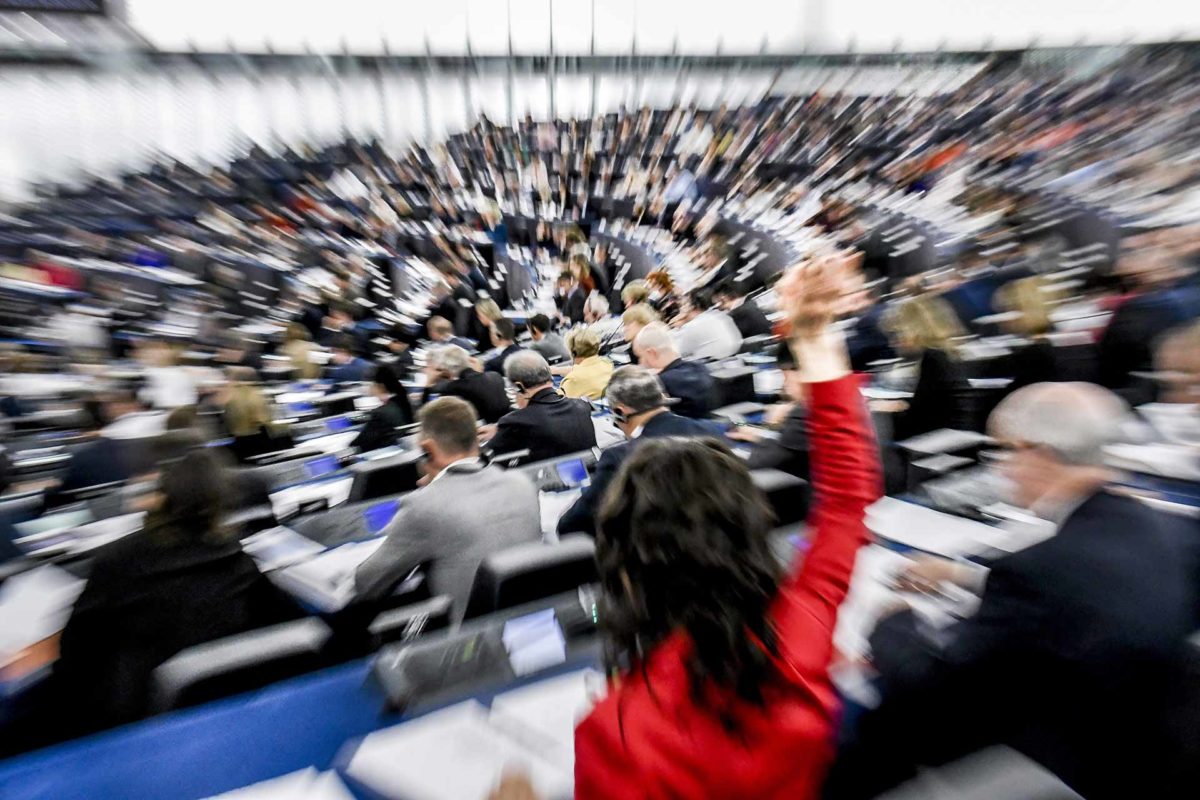
Climate change
Making the EU’s 2050 climate-neutrality goal legally binding remains one of Parliament’s priorities. The EU concludes negotiations on the Climate law. Parliament is advocating a 60% emission reduction target by 2030.
Digital services in Recovery plan
2021 will be the year of regulating online platforms. At the end of 2020 the Commission proposed the Digital Services Act . It sets guidelines for the changing online landscape and ensure a better, safer digital environment for users and companies. Parliament outlined its priorities for the legislation in October 2020 ahead of the European Commission’s proposal.
Artificial intelligence
In early 2021, the Commission will propose new artificial intelligence legislation. EU aims at dealing with the technological, ethical, legal and socio-economic aspects of AI. It will ensure that Europe is at the forefront of developments. Parliament wants to make sure legislation helps boost the economy, while considering the impact on people.
Migration
The European Parliament will examine legislation seeking to create a common EU asylum and migration policy. The new measures, proposed by the Commission, aim to change and improve current asylum procedures. It will ensure that shared responsibility and solidarity among member states, while protecting the EU’s external borders.
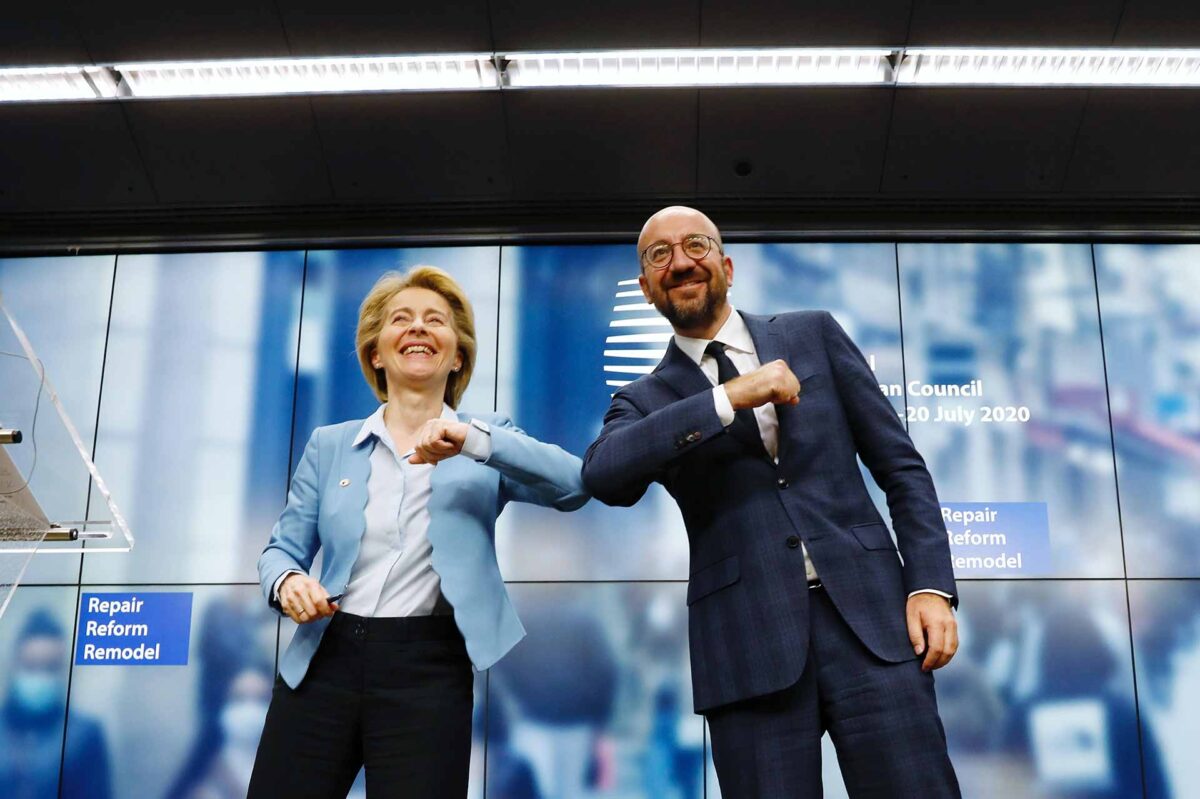
Conference on the Future of Europe
The Conference on the Future of Europe is a new initiative. It focus on changes that could be introduced to better prepare the EU for the future, with direct involvement from citizens. The Covid-19 crisis delayed the initiative’s kick-off: however, the two-year, ongoing consultation process should begin in earnest in 2021.
Agriculture
The Parliament, Commission and Council sare expected to conclude negotiations on reforms to the EU’s Common Agriculture Policy for the period 2022-2027. It includes alignment with the European Green Deal and environmental objectives. The new Farm to Fork policy, which seeks to look at food more broadly, will also be scrutinised by MEPs.
EU4Health in Recovery plan
TOP 10 EU plan to fight COVID-19 and ensure Recovery
The new year will see the launch of the EU4Health programme. It aims to help EU countries to better cooperate and coordinate in times of crisis. The priorities are protecting people from serious cross-border health threats, improving the availability of medicines and creating stronger health systems. MEPs will vote in early 2021 on a provisional deal with the Council on the rules for the programme.
EU support for emergencies
Parliament wants to revamp the EU Civil Protection Mechanism to improve the Union’s crisis management. It will also ncrease preparedness for large-scale emergencies such as Covid-19 and natural disasters. MEPs want to enable the EU to acquire emergency capacities autonomously and advocate more prevention. Parliament will negotiate with the Council on the upgraded system that should become operational in 2021.
Space programme
This year should see the adoption of the EU space programme for 2021-2027. It focus on expanding the scope of the current European GNSS Agency (GSA), renaming it the European Union Agency for the Space Programme.
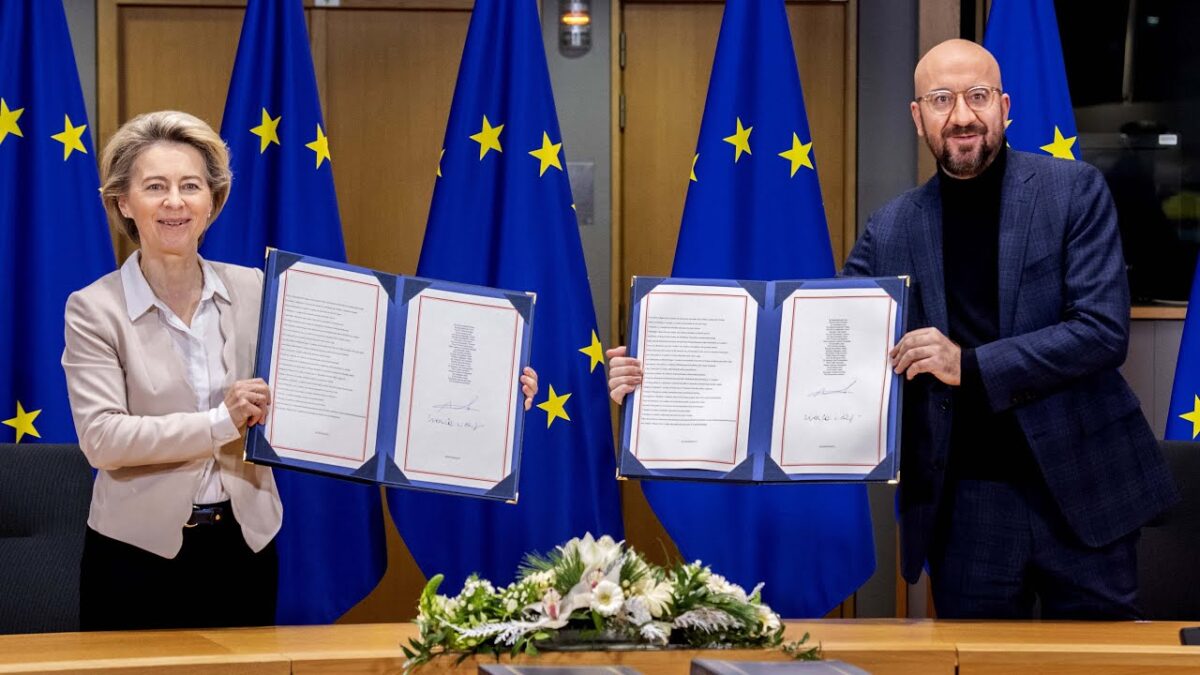
EU-UK relations #Brexit
The first day of the new year marked the official end of the transition period between the UK and EU. This was also the start of a complex relationship between them. The Parliament will be involved in forging new ties with the UK, including the conclusion of ad hoc agreements in key fields such as aviation.
A recovery plan for Europe
On 18 December 2020, the Council and the Parliament reached a provisional agreement on the Recovery and Resilience Facility (RRF). The €672.5 billion facility is at the heart of the EU’s extraordinary recovery effort, Next Generation EU (NGEU). The €750 billion plan agreed by EU leaders in July 2020.
The Recovery plan will help member states address the economic and social impact of the COVID-19 pandemic. Their economies will undertake the green and digital transitions, becoming more sustainable and resilient.
In order to receive support from the Recovery and Resilience Facility, member states must prepare national recovery and resilience plans setting out their reform and investment agendas until 2026.
With a financial envelope of €672.5 billion (2018 prices), the facility is the centrepiece of the Next Generation EU recovery instrument.

The provisional agreement covers a number of elements, including:
- the scope of the facility
- horizontal principles
- general eligibility rules for the national recovery and resilience plans
- the elements to be provided in each plan
- the assessment criteria used by the Commission
At least 37% of each plan’s allocation has to support the green transition and at least 20% the digital transformation.
The regulation provides for a long-term budget of €1 074.3 billion for the EU27 in 2018 prices, including the integration of the European Development Fund. Together with the Next Generation EU recovery instrument of €750 billion, it will allow the EU to provide an unprecedented €1.8 trillion of funding over the coming years to support recovery from the COVID-19 pandemic and the EU’s long-term priorities across different policy areas.

